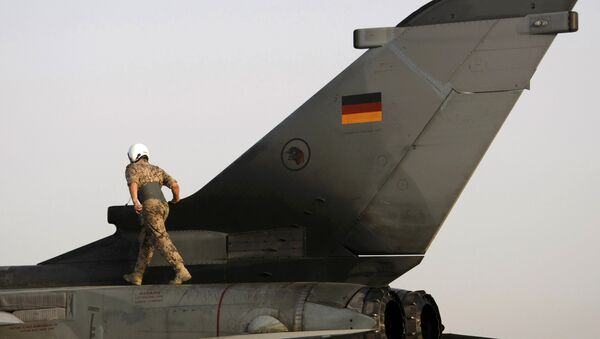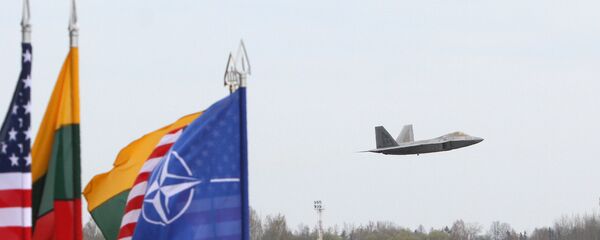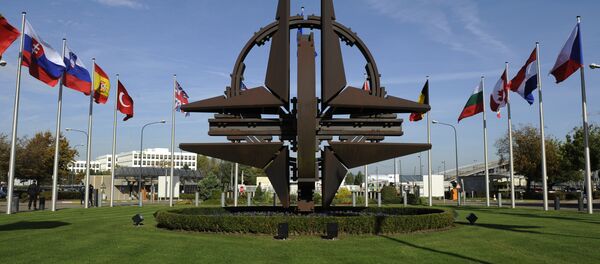The EU Global Strategy does not explicitly state that an EU army is in the pipeline, but it is a conclusion some have arrived at. The document, which is meant to update the bloc's foreign and security policy, calls among other things for greater defense cooperation in Europe that does not take place within the framework of NATO.
"As Europeans we must take greater responsibility for our security," the document, authored by EU foreign policy chief Federica Mogherini, noted. "While NATO exists to defend its members – most of which are European – from external attack, Europeans must be better equipped, trained and organized to contribute decisively to such collective efforts, as well as to act autonomously if and when necessary."
In this context, autonomy is the key word that defines the EU's new vision of its security and defense policy. Unsurprisingly, it is used liberally in the Global Strategy, formally known as "Shared Vision, Common Action: A Stronger Europe."
The global strategy was unveiled earlier this week, prompting some to say that the European Union is serious about establishing an EU army.
"The new Global Strategy paves the way for more far-reaching defense cooperation," that could involve "creating a genuine European army," leading Danish daily broadsheet newspaper Politiken observed.
Brexit is a major factor in these calculations. The UK has the most powerful military in the union that it is about to leave. It follows then that the bloc's capabilities will be limited once Brexit is finalized. At the same time, British leaders were vehemently opposed to the idea of establishing an EU armed force parallel to NATO, pledging to veto the initiative if it ever gained much traction.
Without the UK, the EU's new policy "may be very limited and realistically may have little to offer," he added. "But on the other hand, an obstacle that prevented better cooperation has been removed."
Last week, Elmar Brok, Chairman of the European Parliament's Committee on Foreign Affairs, spoke in favor of creating a pan-European army. This week, Jaroslaw Kaczynski, who heads Poland's ruling Law and Justice party (PiS), called for more sovereignty for EU member states, but also mentioned that a European Council president should command an EU army.




